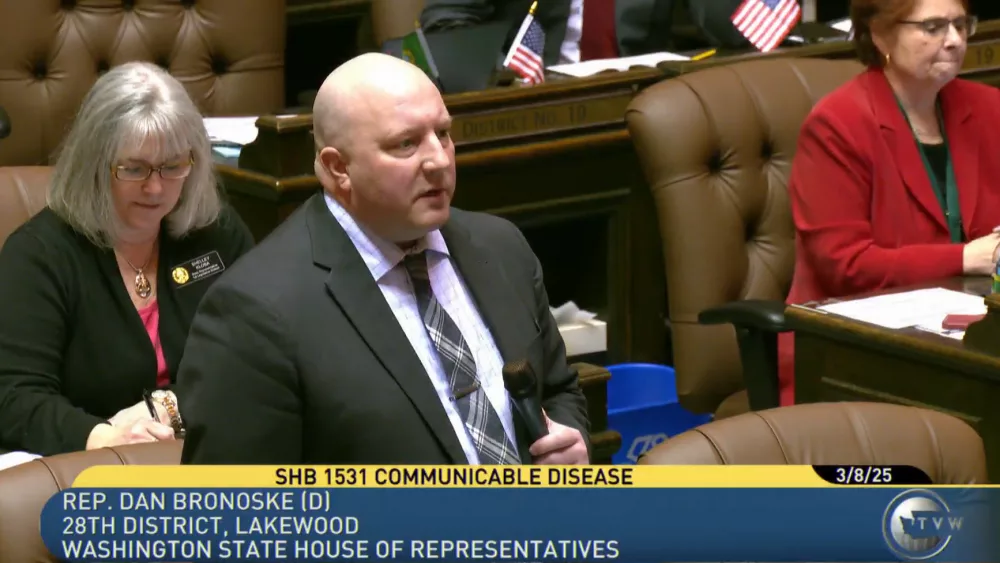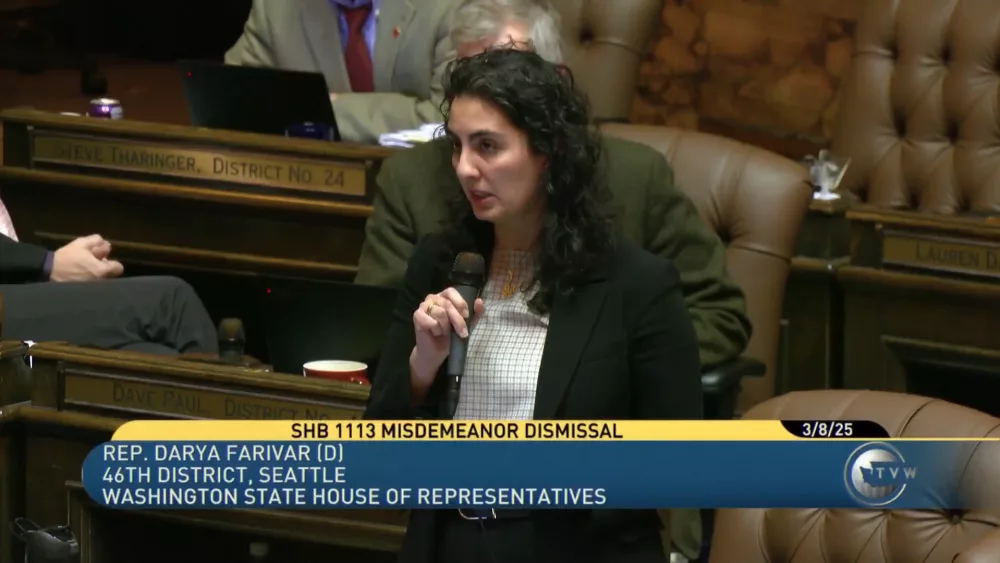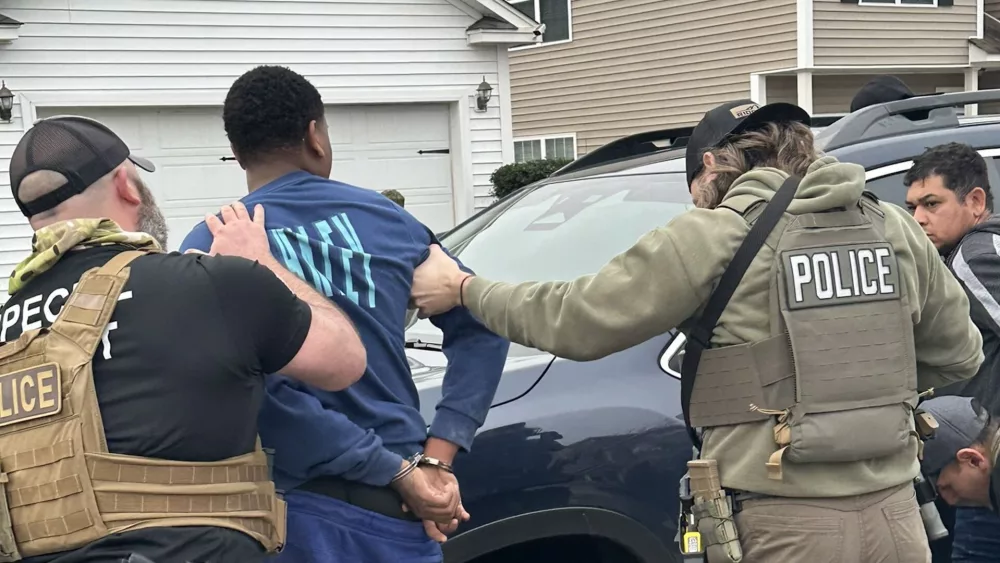(The Center Square) – As of Monday, the start of the new year, the Washington State Department of Children, Youth, and Families has implemented a new caregiver support model, the first time in more than two decades that major changes in rates and process have been made.
According to a DCYF news release, that translates into licensed caregivers now receiving the basic maintenance foster care payment – $722 to $860 a month – based on the age of the child. The amount would increase based on the additional needs of the child to include adolescent support, chronic physical health, developmental disabilities and mental health.
The department is also changing its rate assessment process to determine its level of support based on the child’s case file, information from the child, parents, family and other significant individuals in the child’s life, as well as the child’s health history.
Finally, caregivers licensed by child-placing agencies will be paid directly by DCYF.
Jason Wettstein, DCYF communications director, said the department will have invested more than $35 million in state and federal funds over the 2023-25 biennium.
“This funding supports kinship caregivers and family foster homes to meet the needs of children and youth in foster care,” Wettstein told The Center Square in an email. “A root cause of placement instability in the foster care placement continuum is inadequate support services and financial assistance for caregivers, particularly when children have high levels of behavioral and mental health support needs.”
He went on to say, “This investment will result in more equitable redistribution of financial assistance and support services to kinship caregivers – those who can more easily maintain connections to community and family – resulting in better outcomes for children and youth.”
Results of the new support model will be assessed in a caregiver survey, Wettstein said, noting DCYF will also assess whether placement stability and length of stay in foster care improves based on these changes.
“At this point, we cannot project societal cost savings of ensuring more children get the care they need and children avoiding deeper involvement with human services and welfare systems,” he said. “This investment in better outcomes could well result in less state interaction with children and youth over time as situations are ameliorated or resolved sooner. While this requires an investment, our priority is to ensure more stable and appropriate resourced placements to help children and young people.”
DCYF has been the center of some controversy. Over the summer, unionized workers at DCYF called on Gov. Jay Inslee to fire and replace their boss, Secretary Ross Hunter. DCYF workers claim their attempts to get Hunter to address concerns over caseloads, high staff turnover and unsafe working conditions have been futile.





